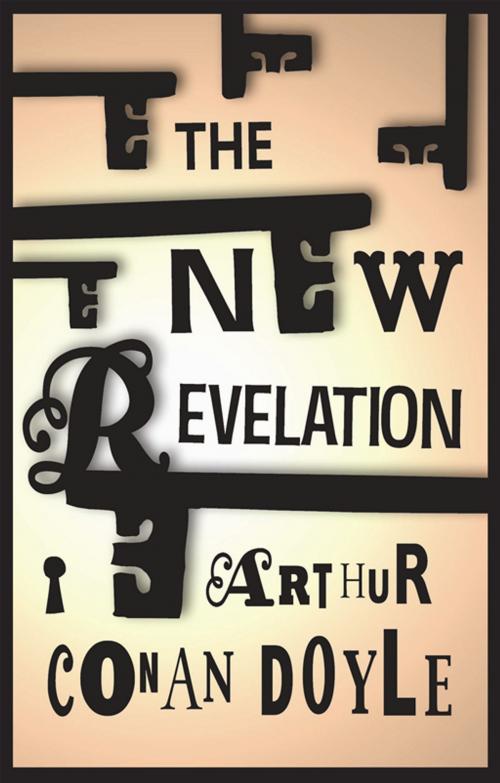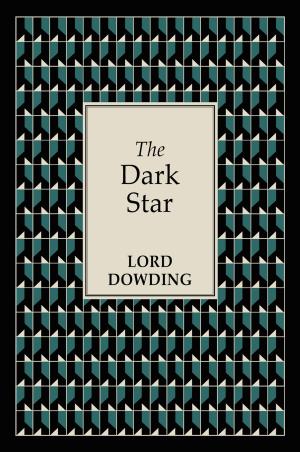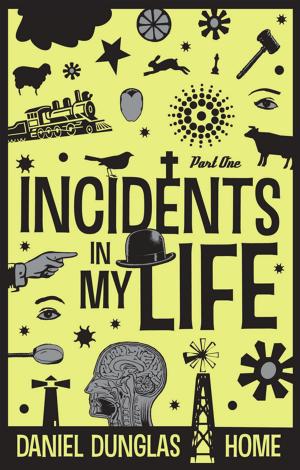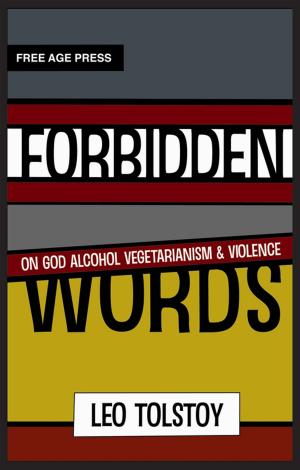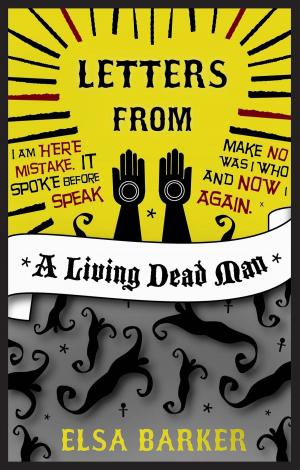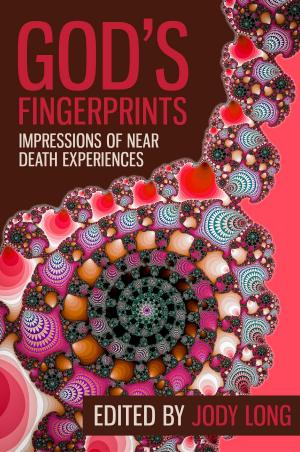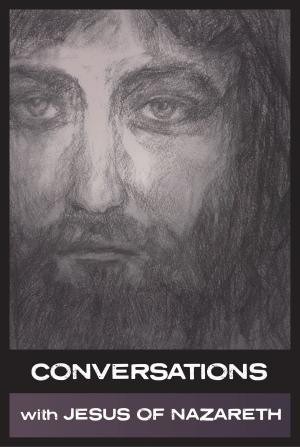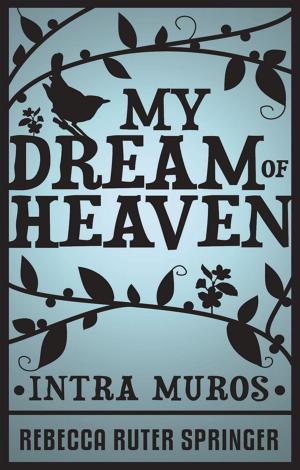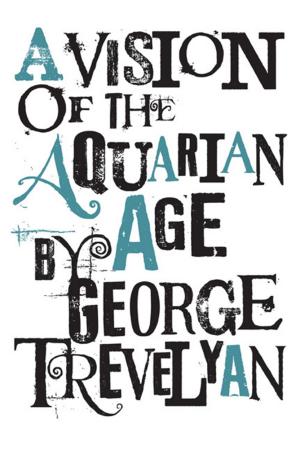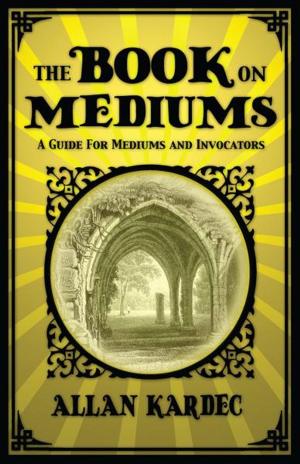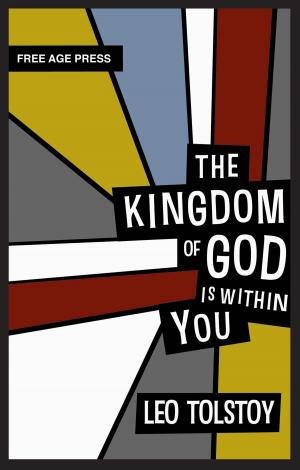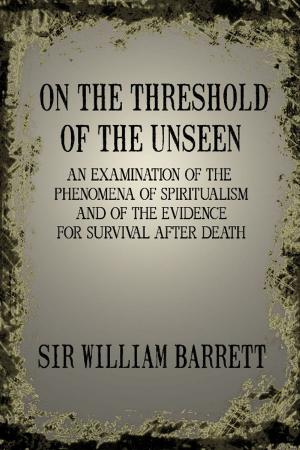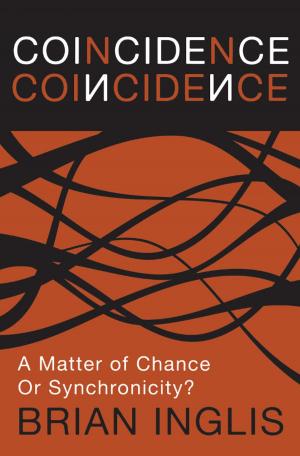| Author: | Arthur Conan Doyle | ISBN: | 9781907355592 |
| Publisher: | White Crow Productions Ltd | Publication: | March 1, 2010 |
| Imprint: | White Crow Books | Language: | English |
| Author: | Arthur Conan Doyle |
| ISBN: | 9781907355592 |
| Publisher: | White Crow Productions Ltd |
| Publication: | March 1, 2010 |
| Imprint: | White Crow Books |
| Language: | English |
Sir Arthur Conan Doyle was one of Britain's most celebrated writers with his invention of the ultimate detective, Sherlock Holmes, completely altering the crime-fiction genre of the late 19th century. As well as this, he was a pioneering sportsman, a doctor of medicine, and champion of the underdog, helping to free two men who were unjustly imprisoned. Of most importance to the man himself, however, was his belief in life after death and the spreading of the 'vital message'.He received his degree in medicine from the University of Edinburgh Medical School in 1881 and by this time had already began investigating Spiritualism and had began attending séances, a fact that rebuffs the more common idea that he found Spiritualism after his son Kingsley died in 1918. In fact, by that time, not only had he studied Spiritualism for almost 30 years, he had even declared the fact and spoken publicly about his beliefs. His first book on the afterlife, 'The New Revelation', was published in March 1918, some months before his son Kingsley's death, so it is fair to say that Arthur's belief in Spiritualism was not a knee-jerk reaction to his son's death.That said, by now World War One was raging and peoples thoughts were on the dead and dying, and Doyle himself is quoted as saying;"I might have drifted on my whole life as a psychical researcher… but the War came, and it brought earnestness into all our souls and made us look more closely at our own beliefs and reassess our values."One year after publishing The New Revelation, Doyle followed it up with 'The Vital Message' where he shares his thoughts on Scepticism, Religion, Psychic Phenomena, and Jesus.Doyle saw Jesus as highest of spiritual beings and writes in 'The Vital Message'The greater attention to Christ's life as compared to His death, and the new spiritual influx which is giving us psychic religion, it is only on the latter that one can quote the authority of the beyond. Here, however, the case is really understated. In regard to the Old Testament I have never seen the matter treated in a spiritual communication. The nature of Christ, however, and His teaching, have been expounded a score of times with some variation of detail, but in the main as reproduced here. Spirits have their individuality of view, and some carry over strong earthly prepossessions which they do not easily shed; but reading many authentic spirit communications one finds that the idea of redemption is hardly ever spoken of, while that of example and influence is forever insisted upon. In them Christ is the highest spirit known, the Son of God, as we all are, but nearer to God, and therefore in a more particular sense His son.
Sir Arthur Conan Doyle was one of Britain's most celebrated writers with his invention of the ultimate detective, Sherlock Holmes, completely altering the crime-fiction genre of the late 19th century. As well as this, he was a pioneering sportsman, a doctor of medicine, and champion of the underdog, helping to free two men who were unjustly imprisoned. Of most importance to the man himself, however, was his belief in life after death and the spreading of the 'vital message'.He received his degree in medicine from the University of Edinburgh Medical School in 1881 and by this time had already began investigating Spiritualism and had began attending séances, a fact that rebuffs the more common idea that he found Spiritualism after his son Kingsley died in 1918. In fact, by that time, not only had he studied Spiritualism for almost 30 years, he had even declared the fact and spoken publicly about his beliefs. His first book on the afterlife, 'The New Revelation', was published in March 1918, some months before his son Kingsley's death, so it is fair to say that Arthur's belief in Spiritualism was not a knee-jerk reaction to his son's death.That said, by now World War One was raging and peoples thoughts were on the dead and dying, and Doyle himself is quoted as saying;"I might have drifted on my whole life as a psychical researcher… but the War came, and it brought earnestness into all our souls and made us look more closely at our own beliefs and reassess our values."One year after publishing The New Revelation, Doyle followed it up with 'The Vital Message' where he shares his thoughts on Scepticism, Religion, Psychic Phenomena, and Jesus.Doyle saw Jesus as highest of spiritual beings and writes in 'The Vital Message'The greater attention to Christ's life as compared to His death, and the new spiritual influx which is giving us psychic religion, it is only on the latter that one can quote the authority of the beyond. Here, however, the case is really understated. In regard to the Old Testament I have never seen the matter treated in a spiritual communication. The nature of Christ, however, and His teaching, have been expounded a score of times with some variation of detail, but in the main as reproduced here. Spirits have their individuality of view, and some carry over strong earthly prepossessions which they do not easily shed; but reading many authentic spirit communications one finds that the idea of redemption is hardly ever spoken of, while that of example and influence is forever insisted upon. In them Christ is the highest spirit known, the Son of God, as we all are, but nearer to God, and therefore in a more particular sense His son.
